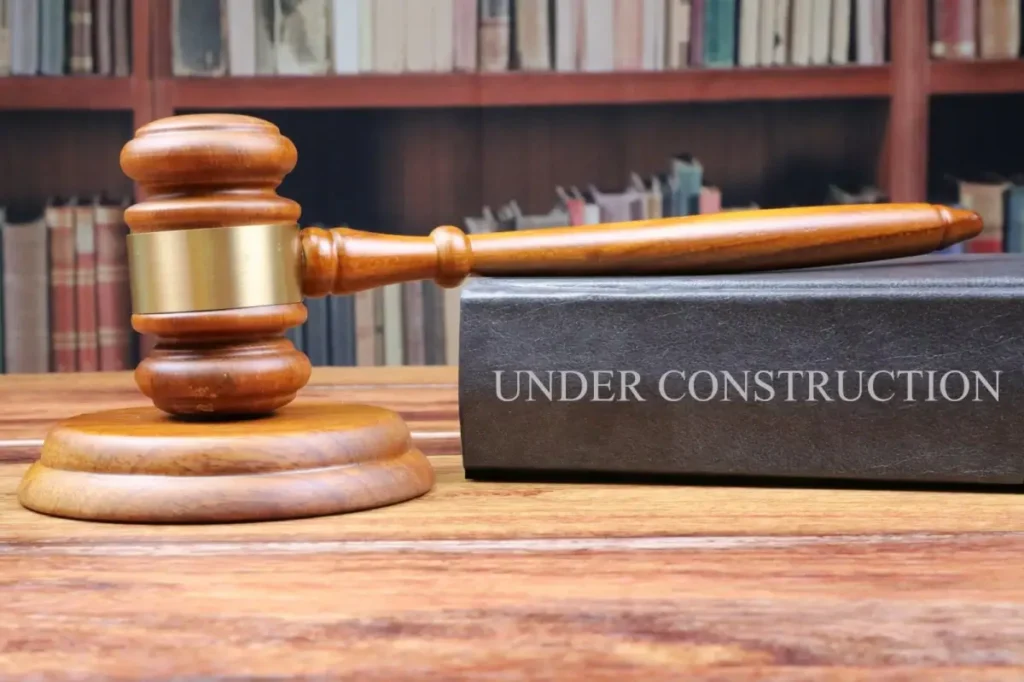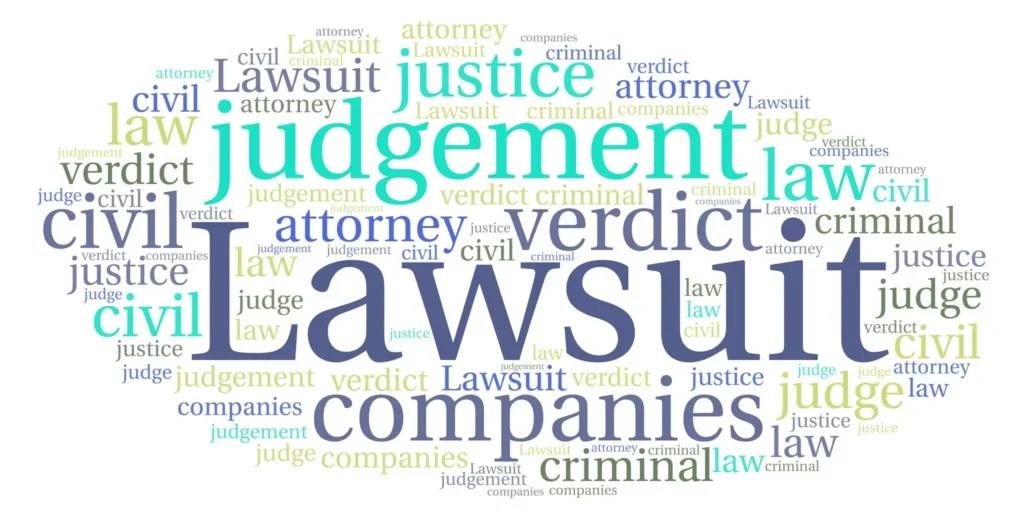Construction law is a vital field that governs the legal aspects of building construction and engineering. It encompasses a wide range of legal issues, including contract law, planning and zoning, safety regulations, and dispute resolution. This article, “Understanding Construction Law: A Comprehensive Guide for Industry Professionals,” aims to provide a foundational understanding of the principles and practices in this complex area of law. Whether you’re a contractor, architect, engineer, or developer, navigating the intricacies of construction law is essential for the successful completion of any project. From the initial contract to the final inspection, this guide will explain the critical legal considerations to ensure compliance, minimize risk, and maintain a smooth construction process.
Construction law – A Brief Review
Construction law is a specialized area of law that deals with the legal aspects related to building construction, engineering, and related fields. It is an amalgamation of various legal disciplines, including contract law, commercial law, planning law, employment law, and tort. This branch of law covers a variety of issues such as contracts, negligence, bonds, guarantees, liens, tendering, construction claims, and consultancy contracts. It affects many participants in the construction industry, including financial institutions, surveyors, architects, engineers, construction workers, and planners. Construction law ensures that construction projects are completed according to the legal standards and regulations, and it provides a framework for resolving disputes that may occurs during the construction process.
Role of a construction law attorney
The role of a construction lawyer is multifaceted, involving a range of responsibilities that cater to the legal needs of the construction industry. A construction lawyer provides legal advice and services throughout the various pphaseses of a construction project, from planning to completion. They represent a variety of stakeholders, including owners, designers, architects, material suppliers, contractors, and subcontractors. Key responsibilities include:
- Drafting and Negotiating Contracts:
Construction lawyers draft, review, and negotiate contracts to ensure they are legally sound and address potential jobsite conditions, scheduling delays, insurance, and unforeseen circumstances.
- Regulatory Compliance:
They help clients fulfill regulatory guidelines, get necessary permits, and ensure compliance with safety and environmental laws.
- Dispute Resolution:
They represent clients in dispute resolution processes such as mediation, arbitration, and litigation, handling issues like construction claims, terminations, and liens.
- Risk Management:
Construction lawyers work preventatively to avoid litigation and other legal conflicts by being actively involved throughout the construction process.
- Legal Counsel:
They provide defense and legal counsel to businesses facing administrative actions and unresolved damages claims.
Overall, construction lawyers must have a comprehensive understanding of both construction processes and construction law to effectively serve their clients and protect their interests.
Conclusion
In conclusion, construction law plays an important role in the smooth execution and completion of construction projects. It provides a legal framework that ensures fairness, safety, and compliance with regulations for all parties involved. As we have explored in “Understanding Construction Law: A Comprehensive Guide for Industry Professionals,” being well-versed in construction law is not just beneficial but essential for architects, engineers, contractors, and other industry professionals. It helps mitigate risks, resolve disputes efficiently, and maintain the integrity of the construction process. By staying informed and proactive about legal requirements, industry professionals can contribute to the successful delivery of construction projects, ultimately leading to the growth and sustainability of the construction industry as a whole.
Frequently Asked Questions
Q: What is the act of construction?
The act of construction refers to the process of building, assembling, or creating something from individual parts. It often involves following architectural plans and using various materials and techniques to achieve the desired structure or object. In a legal context, the term can also refer to the interpretation or understanding of a document, such as a statute or contract. Additionally, there are specific laws, such as the Housing Grants, Construction and Regeneration Act 1996, which provide a framework for construction contracts and related matters.
Q: What is the Society of Construction Law?
The Society of Construction Law is a professional body that promotes education, study, and research in the field of construction law. It serves as a hub for professionals who are involved in construction law, providing resources such as events, papers, grants, and membership benefits. The Society has a diverse membership base that involves architects, engineers, surveyors, contractors, developers, legal practitioners, and experts from all sectors of the construction industry. It facilitates the sharing of knowledge and expertise, and it offers various types of memberships to cater to different professional needs.
Q: What is construction law in South Africa?
Construction law in South Africa is a dynamic and flexible body of law that regulates the building industry. It covers a broad spectrum of issues, such as contractual principles, labour relations, workplace safety, guarantees, and dispute resolution. The law ensures that the rights and obligations of parties involved in construction contracts are clearly defined and upheld. It also addresses contractor and subcontractor payments, short payments, or contra charges after the completion of their obligations. Additionally, construction law in South Africa considers international standards and regulations, as many agreements involve both local and foreign service providers.
Q: What are construction laws and contracts?
Construction law and contract refer to the legal framework that governs the agreements and obligations related to construction projects. It projects a wide range of issues, including the drafting and negotiation of contracts, compliance with safety and building regulations, resolution of disputes, and enforcement of terms. Construction contracts are legally binding agreements that outline the scope of work, payment terms, project timelines, and other essential details that ensure the project is completed according to agreed-upon standards.







